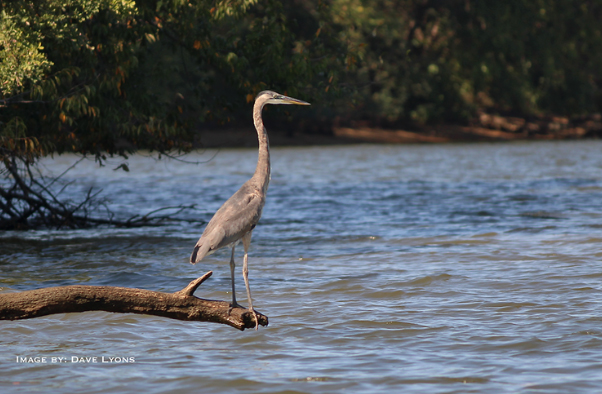ShoreRivers protects Maryland’s Eastern Shore waterways through science-based advocacy, restoration, education, and engagement. We are seeking a leader who can compassionately support and elevate a team of expert staff, collaboratively engage with the variety of stakeholders in our region, uphold the organization’s excellent reputation and financial stability, and communicate our vision of healthy rivers cherished by all communities. ShoreRivers’ next Executive Director will lead our impactful work by embodying our core values: solutions-oriented, optimistic, community-centered, and trusted.
ShoreRivers is a strong, regional Riverkeeper organization that formed from the merger of three local organizations in 2017. Our core focus is the waterways of the Chester, Choptank, Sassafras, Miles, and Wye rivers, Eastern Bay, and the Bayside Creeks. The Executive Director will be joining a 501c3 nonprofit organization with a 40-year history, $7 million budget, staff of 30+ professionals, and hundreds of volunteers. In 2024, ShoreRivers launched a three-year strategic plan that both honors our grassroots legacy and charts a course for us as a regional leader.
This position offers a competitive benefits package (see more below) and a salary range between $140,000–$170,000, based on experience. Position begins January 2, 2026, or a mutually agreed upon date. Employees work in-person with flexibility in their schedule when appropriate. This fulltime position is exempt salaried and “at-will,” and reports to a Board of Governors. The Executive Director will work out of both the Chestertown and Easton offices and must live on the Eastern Shore of Maryland within the communities we serve. This position requires flexibility to work longer hours, weekends, and travel as needed.
To apply, send your two-page resume and two-page cover letter to Deputy Director of HR & Culture Doug Mayorga at [email protected] by October 15, 2025.
In your cover letter, please address the following question: As Executive Director of ShoreRivers, how would you lead to maximize the protection of the Eastern Shore’s waterways at a time when critical protections are being rolled back and financial support from Federal and state sources is more uncertain?




 The U.S. Department of Agriculture in April announced the termination of its $3 billion “climate smart” program, a grantmaking initiative that was supporting hundreds of millions of dollars in conservation work in the Chesapeake Bay watershed.
The U.S. Department of Agriculture in April announced the termination of its $3 billion “climate smart” program, a grantmaking initiative that was supporting hundreds of millions of dollars in conservation work in the Chesapeake Bay watershed.
